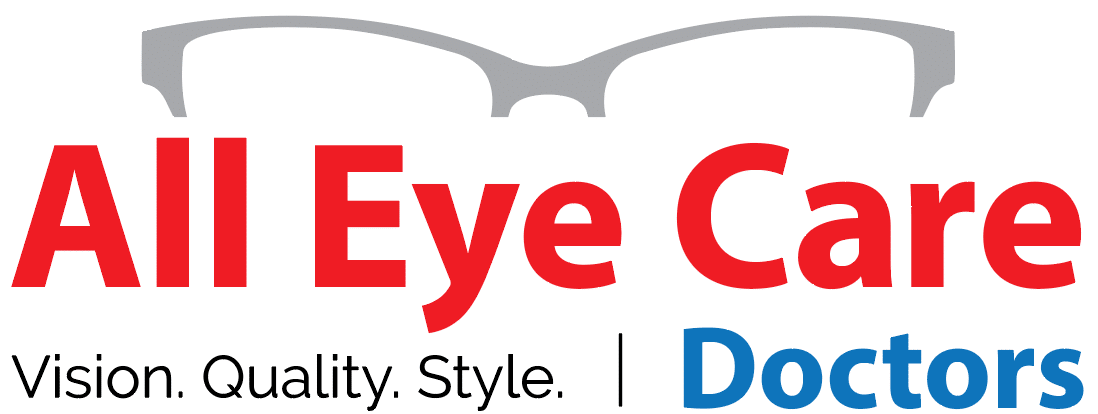Pediatrics in Andalusia: Compassionate Care for Growing Families
Pediatrics in Andalusia: Compassionate Care for Growing Families
Blog Article
Is Refractive Surgical Procedure Right for You? Factors to Take Into Consideration for Better Eyecare
In the world of eye care, the decision to undertake refractive surgical treatment is a crucial one that requires thoughtful consideration. From the details of one's eye health to the ins and outs of everyday routines and individual expectations, each element holds value in the wider landscape of refractive surgical procedure candidateship.
Eye Wellness Assessment
When considering refractive surgical treatment, a comprehensive eye health examination is vital to evaluate the suitability of the procedure for each and every individual. neurologist andalusia. This examination entails a series of examinations and examinations performed by an eye care expert to figure out the total health and wellness of the eyes, the existence of any underlying problems, and the security of the refractive mistake
Throughout the analysis, various aspects are considered, such as the individual's case history, existing eye prescription, corneal thickness, student dimension, and tear film quality. These assessments help to determine any kind of contraindications to refractive surgical procedure, such as corneal abnormalities, cataracts, or without treatment eye infections. In addition, the evaluation aids to manage patient expectations regarding the prospective results of the surgical procedure based upon their one-of-a-kind eye characteristics.
Eventually, the eye health and wellness examination is essential in making certain the safety and efficiency of refractive surgical procedure, as it gives important understandings right into the person's eye health status and assists establish one of the most suitable treatment alternatives for attaining optimal aesthetic results. (cardiologist andalusia)
Way Of Life Analysis
A complete way of life assessment is important in determining the suitability of refractive surgery for a person's visual improvement demands. Way of life factors such as line of work, leisure activities, and daily tasks play a critical role in the decision-making process concerning refractive surgical treatment.
Additionally, way of life routines such as sporting activities participation, exterior activities, or also skin care routines can affect the healing process and general success of refractive surgical treatment. For instance, people that take part in contact sporting activities might need to take extra safety measures to protect their eyes during the healing duration. In addition, people with considerable sunlight exposure may need additional post-operative treatment to prevent problems. By carrying out a thorough way of living analysis, eye treatment specialists can tailor their referrals and therapy plans to fulfill the special demands of each patient, inevitably causing improved visual results and contentment.
Expectation Positioning

Establishing sensible expectations entails complete pre-operative discussions between the person and the eye doctor. The specialist should transparently communicate the potential risks, benefits, and restrictions of the procedure (andalusia pediatrics). Individuals require to comprehend that while several individuals accomplish 20/20 vision or much better adhering to refractive surgical treatment, some may still need glasses for certain tasks like analysis or driving at night. Managing these expectations helps protect against disappointment and frustration post-surgery, resulting in a much more favorable total experience for the client.
Risk Evaluation

Elements that might enhance the threat of difficulties include age, certain clinical conditions like autoimmune diseases, unpredictable vision prescription, slim corneas, and unrealistic individual assumptions. Additionally, choosing a proficient and knowledgeable doctor, complying with pre and post-operative care directions carefully, and revealing any kind of pertinent case history can help minimize risks.
To reduce the possibility of problems, ophthalmologists carry out thorough pre-operative evaluations to identify any kind of contraindications to surgery. They additionally go over the potential threats and benefits with patients during the assessment process. By participating in open communication and shared decision-making, both the ophthalmologist and the individual can collaborate to identify if refractive surgical treatment is the ideal choice based on private risk accounts and wanted outcomes.
Assessment Relevance
Thinking about the crucial role of educated decision-making in assessing threats and potential problems in refractive surgery, the appointment procedure holds significant relevance in guiding individuals in the direction of optimal outcomes. Throughout the appointment, the eye doctor examines the person's eye health and wellness, refractive errors, and overall suitability for surgery. This initial evaluation is important in identifying one of the most appropriate treatment for each person, taking into consideration factors such as corneal density, pupil additional hints size, and existing eye problems.
Moreover, the examination works as a chance for patients to discuss their expectations, concerns, and any inquiries they might have pertaining to the surgical treatment. Clear communication in between the client and the specialist is necessary to make certain sensible expectations and a complete understanding of the possible threats and advantages involved.
Additionally, the consultation allows the cosmetic surgeon to clarify the different surgical alternatives offered, their corresponding outcomes, and the post-operative care required. This detailed conversation encourages people to make knowledgeable decisions concerning their eye treatment, leading to far better complete satisfaction and results post-surgery.
Verdict
In verdict, individuals taking into consideration refractive surgical treatment should go through a thorough eye wellness examination, assess their lifestyle practices, align their assumptions with potential outcomes, evaluate the associated risks, and focus on examinations with eye care specialists. These factors play a crucial role in identifying the viability of refractive surgery for every individual, making certain ideal end results and complete satisfaction with the procedure.
Clients thinking about refractive surgery frequently have high expectations pertaining to the results, anticipating ideal vision without the demand for glasses or get in touch with lenses. While refractive surgical procedure can greatly enhance vision and reduce reliance on aesthetic aids, it is critical for individuals to comprehend that outcomes might vary based on individual variables such as the degree of refractive mistake, corneal density, and overall eye health and wellness.
By involving in open interaction and shared decision-making, both the person and the ophthalmologist can work together to determine if refractive surgical Resources procedure is the ideal option based on specific risk accounts and wanted results.
Thinking about the vital duty of notified decision-making in assessing threats and prospective issues in refractive surgery, the examination process holds substantial significance in directing people towards optimal end results. During the appointment, the ophthalmologist evaluates the individual's eye health, refractive mistakes, and total suitability for surgery.
Report this page